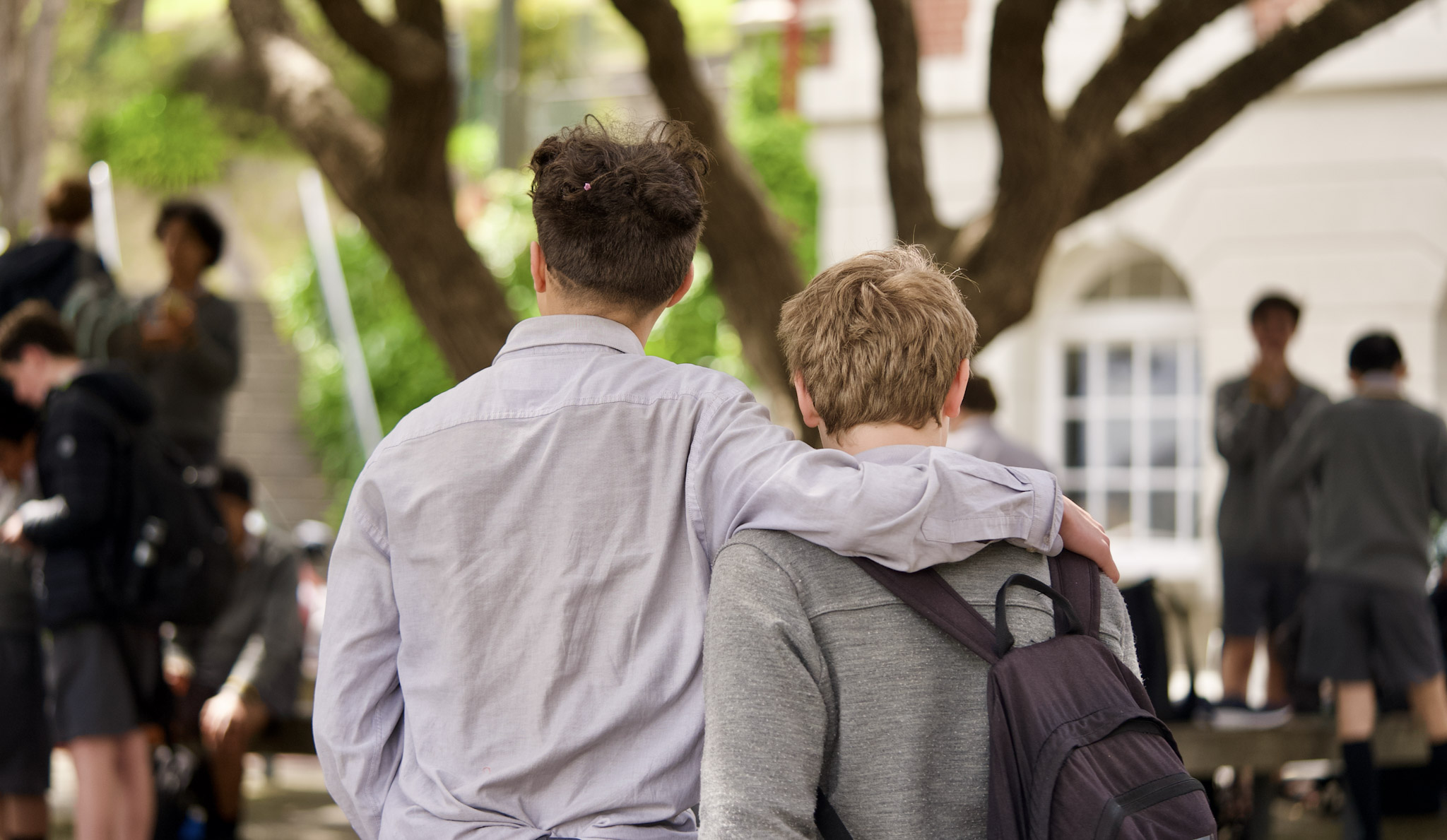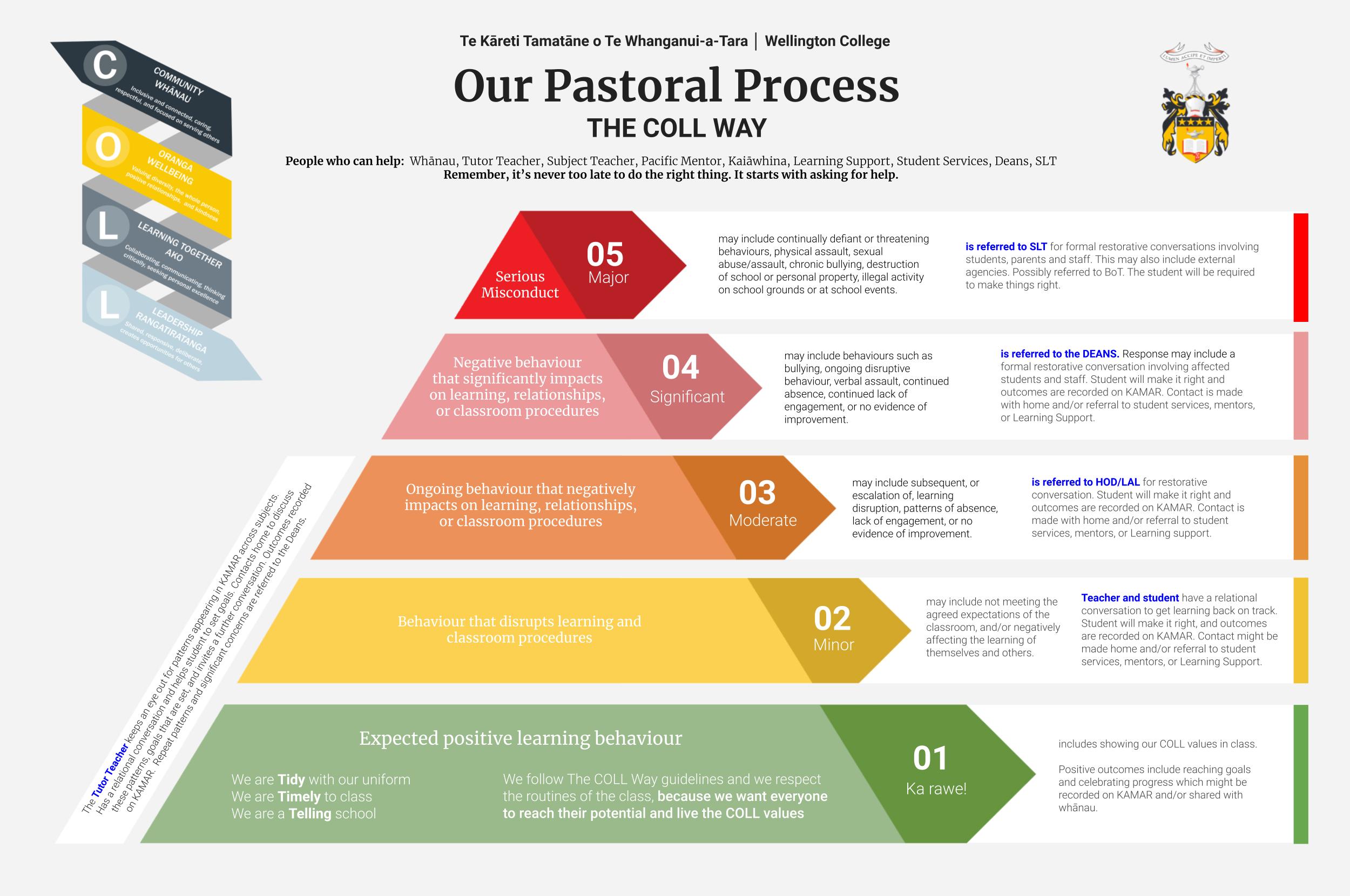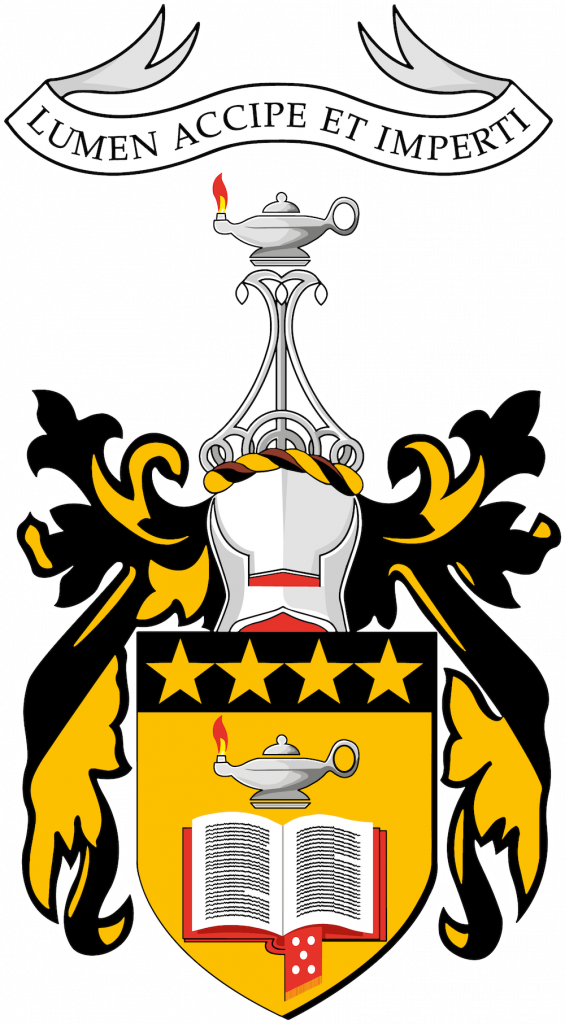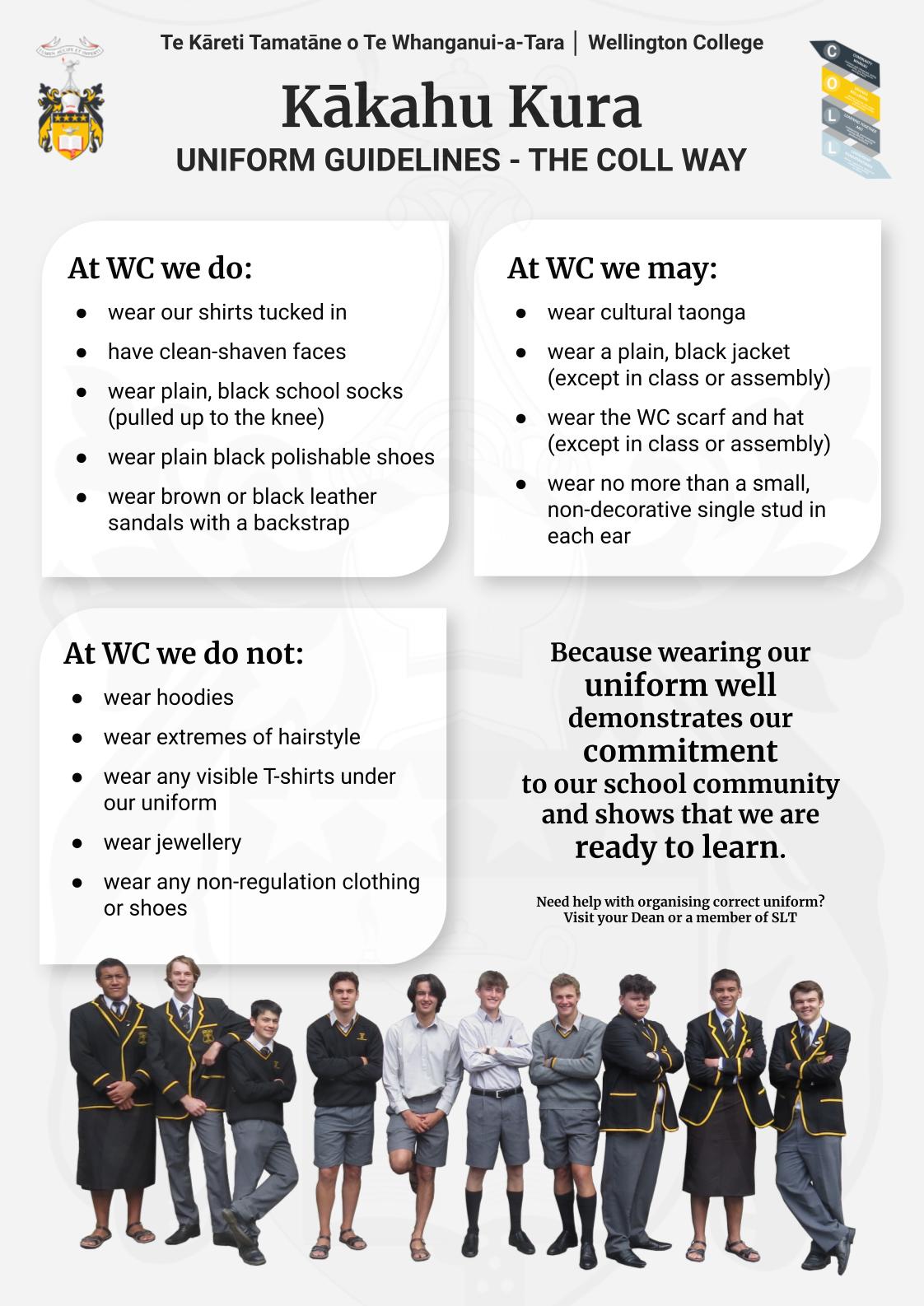We design learning with students at the centre
Our COLL Curriculum framework helps us to prepare students for the demands of the 21st Century.
Developing every person’s potential: This may be the most important dimension of the 21st century view of personalising learning. The goal is not simply to find better ways to raise everyone’s “achievement” to an identical level or standard, but rather to support every person to develop their full potential.
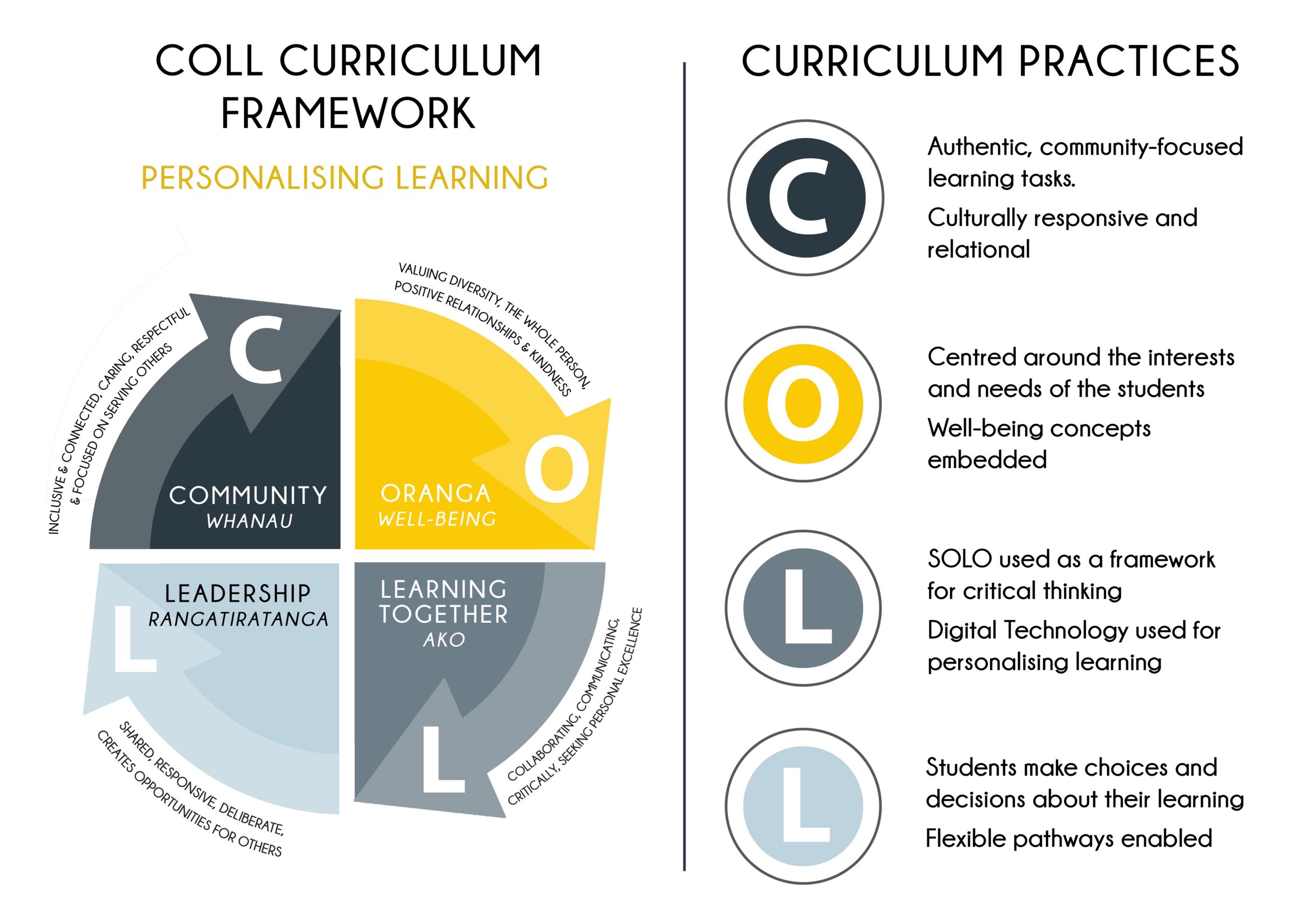
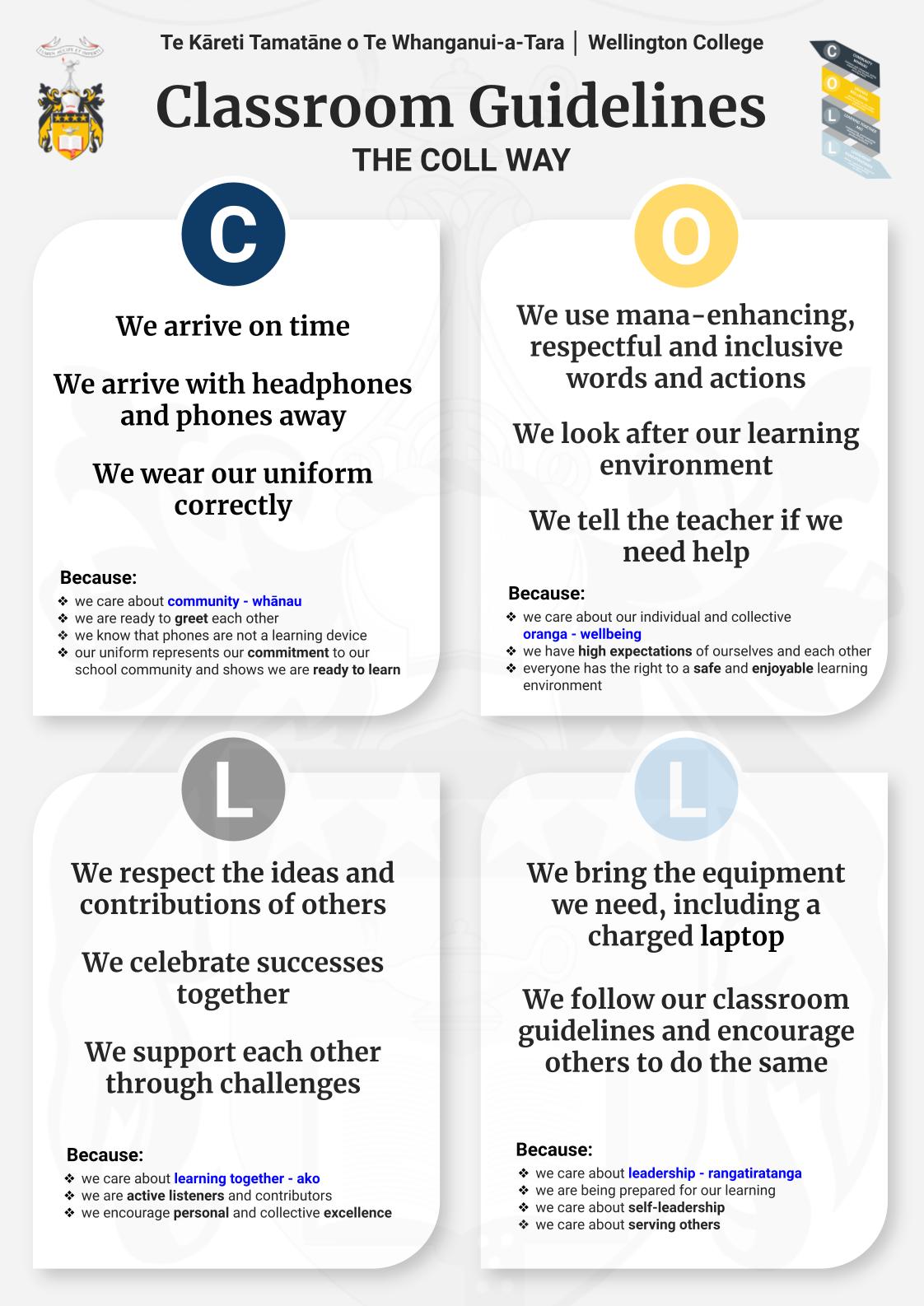
We teach positive behaviour for learning
At Wellington College, we demonstrate positive behaviour that shows our COLL values and contributes to a school environment where students and staff can thrive. We recognise that each student comes with a story, and our goal is to support students through personalised learning, underpinned by high expectations, so that every learner can meet their academic aspirations.
We are a restorative school
We understand that every student is on a different learning journey and so it is essential we have a clear process that guides teachers and students through classroom incidents from minor disruption, to more serious misconduct. We follow the principles of restorative practice that requires students to ‘make it right’ when they have not followed classroom and school guidelines. We all have a part to play in learning from our mistakes.
